
Appointment of New CEO for Twilight Aged Care
Appointment of Chief Executive Officer It is with pleasure that I inform you of the…

Appointment of Chief Executive Officer It is with pleasure that I inform you of the…

Twilight has a New Pastoral Carer David Chien, Twilight’s new Pastoral Carer will provide emotional,…
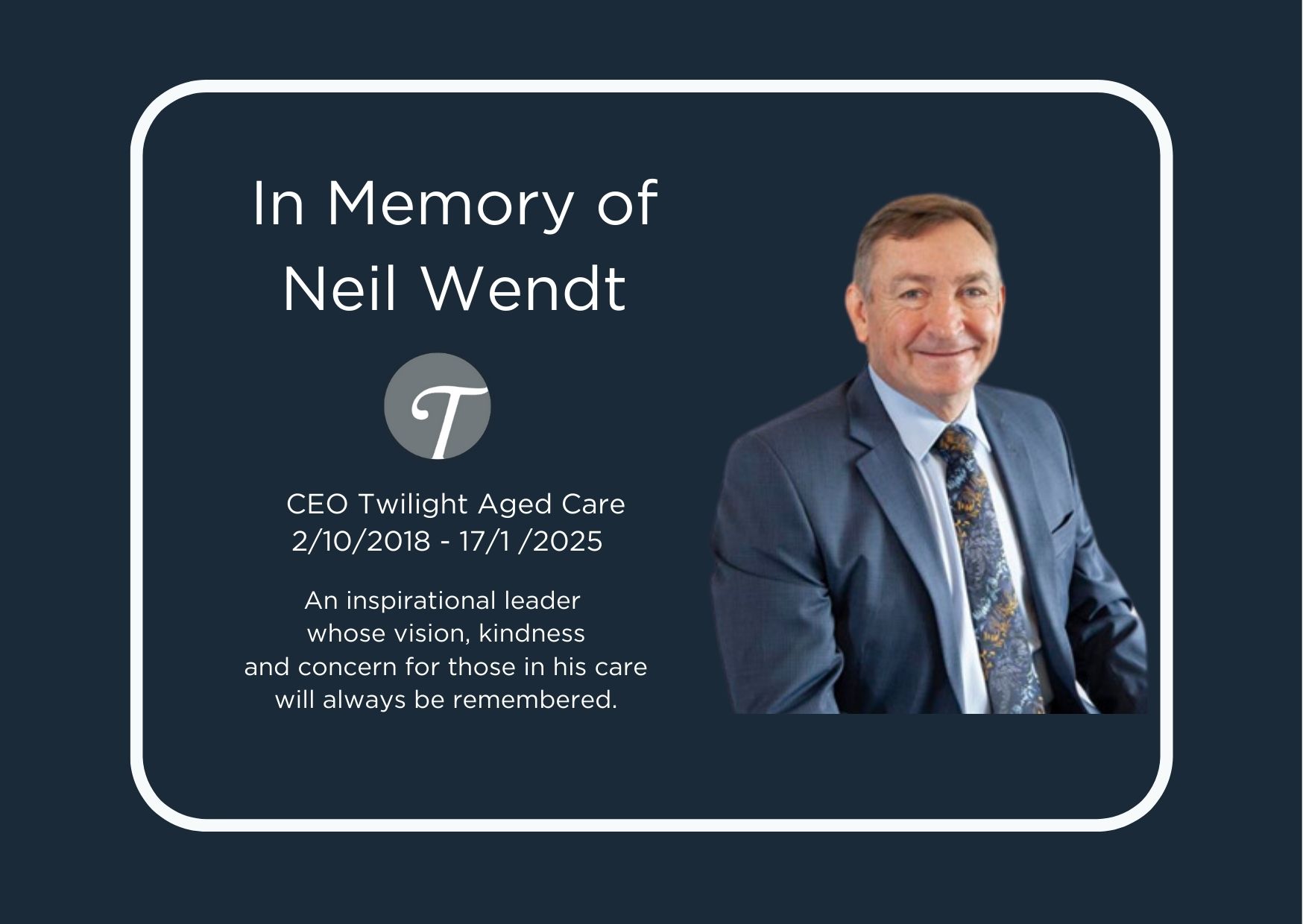
Dear Twilight Family, Friends and Colleagues, It is with deep regret and sadness that I…
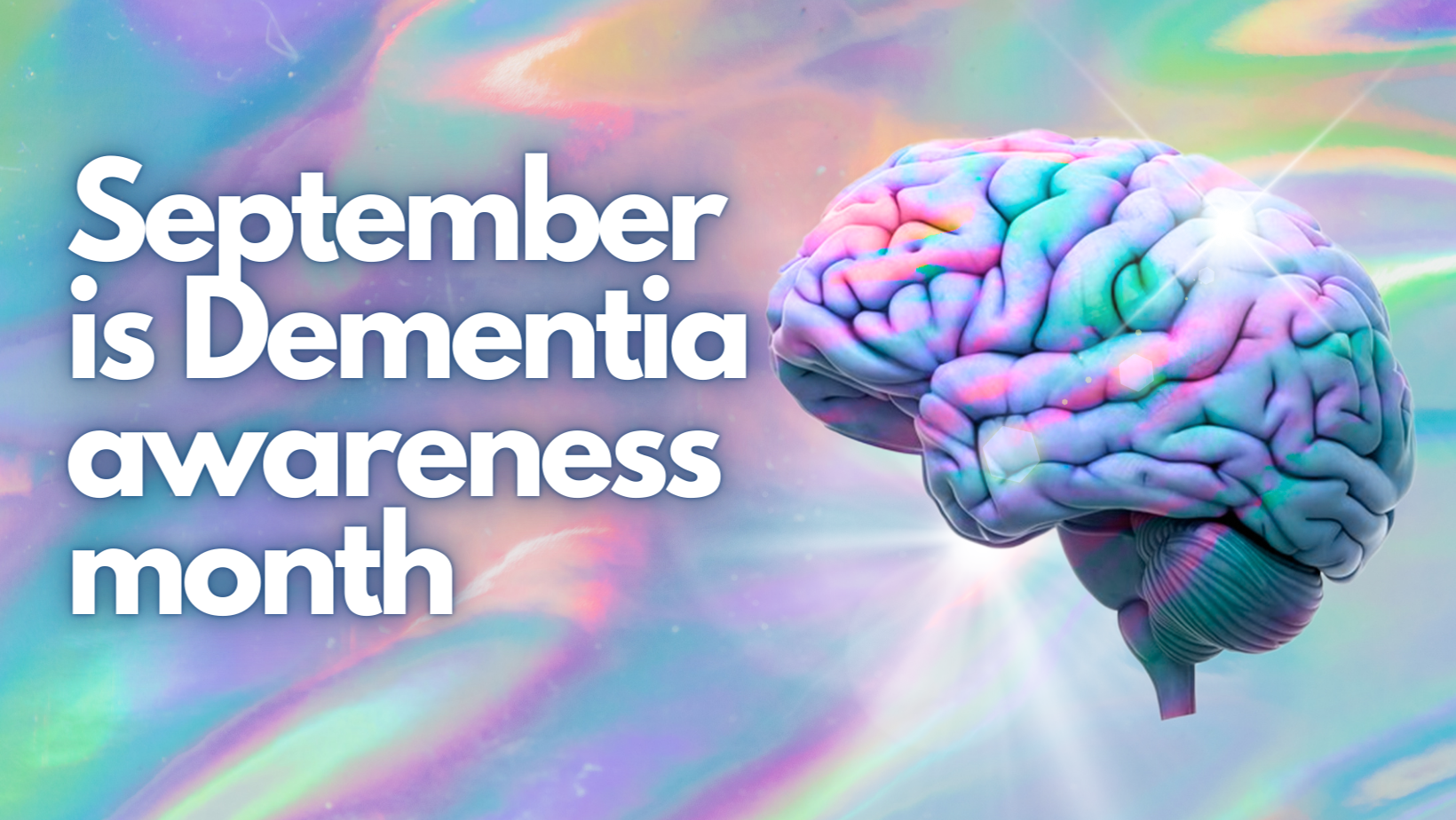
SEPTEMBER IS DEMENTIA AWARENESS MONTH 18 – 24 SEPTEMBER 2023 Dementia Action Week 2023 is…
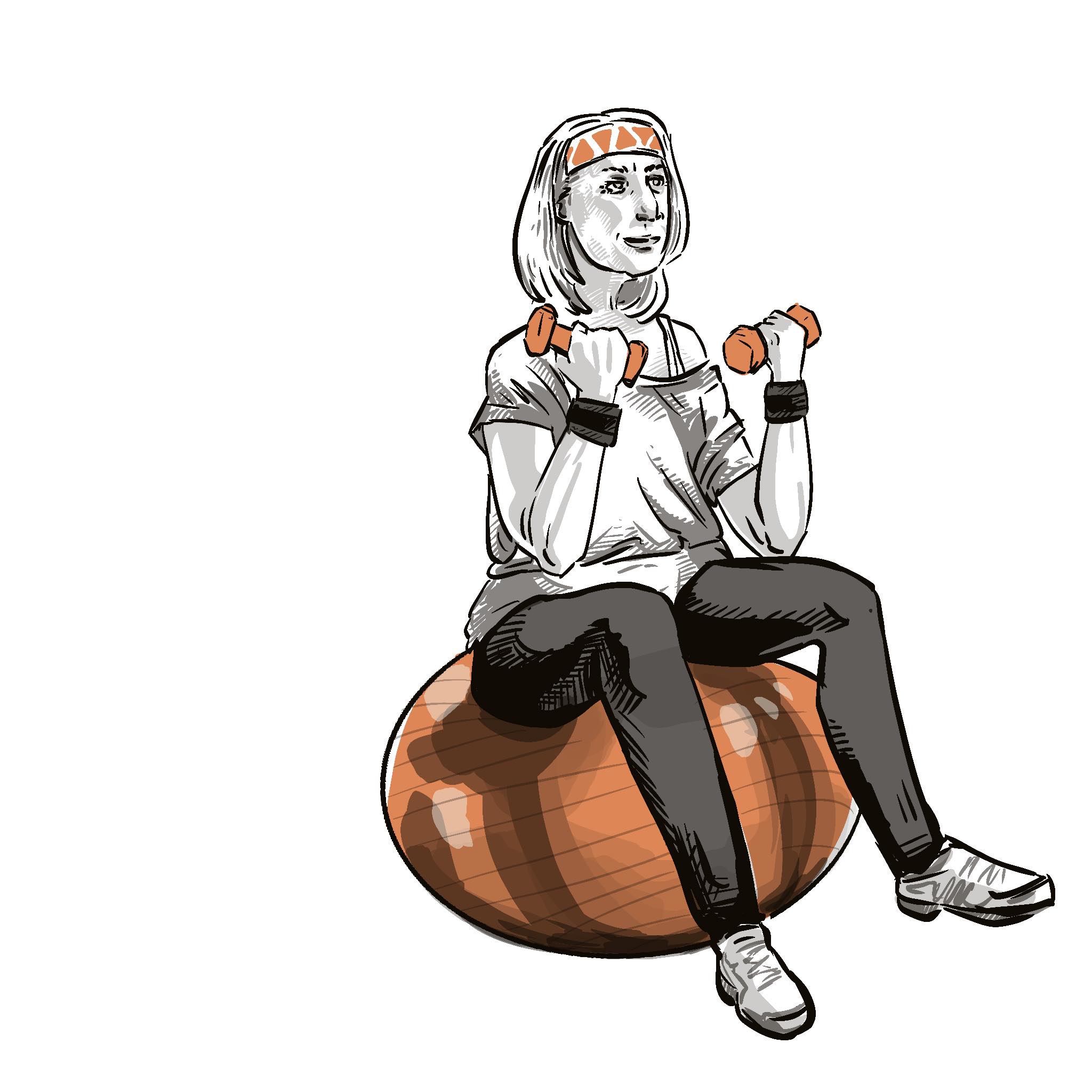
11 BEST EXERCISES FOR THE ELDERLY The best exercises for those over 75 years wise. …
FLU SEASON UPDATE: ALL VISITORS TO AGED CARE FACILITIES MUST BE VACCINATED The NSW Department…
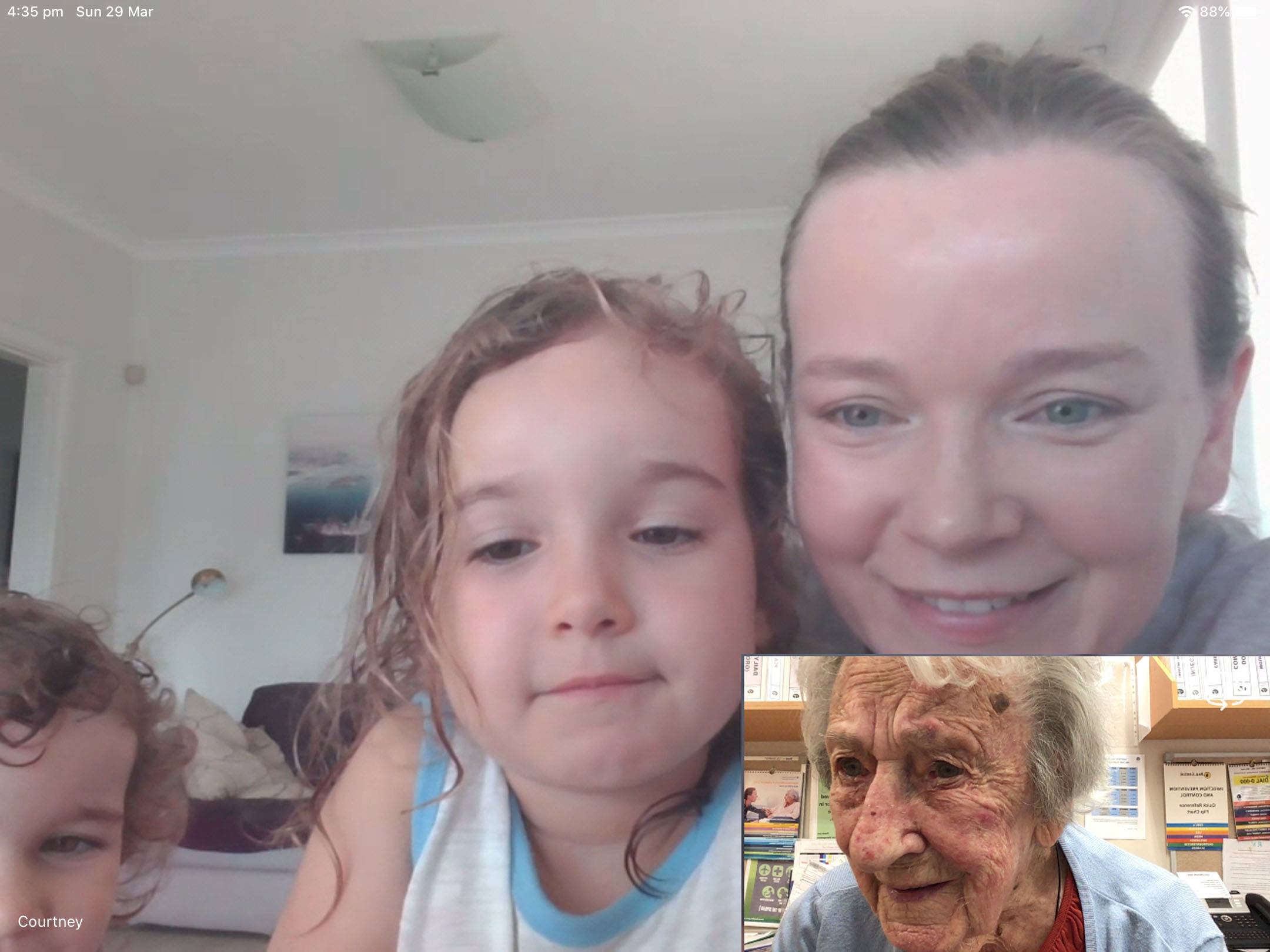
PRIVATE: INTRODUCING OUR NEW CONCIERGE POSITION Twilight Aged Care is promoting family connection through digital innovation during its…
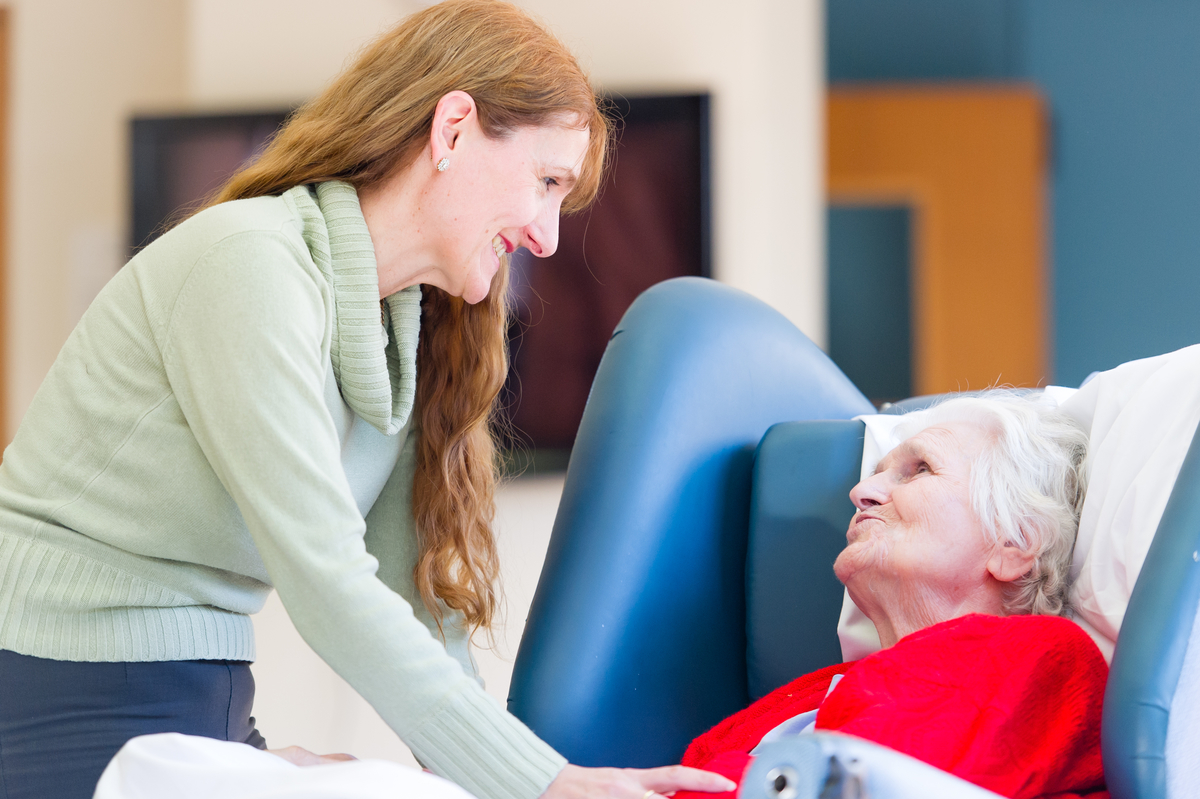
WHO CAN VOLUNTEER? Twilight’s team of volunteers are made up of all kinds of compassionate…
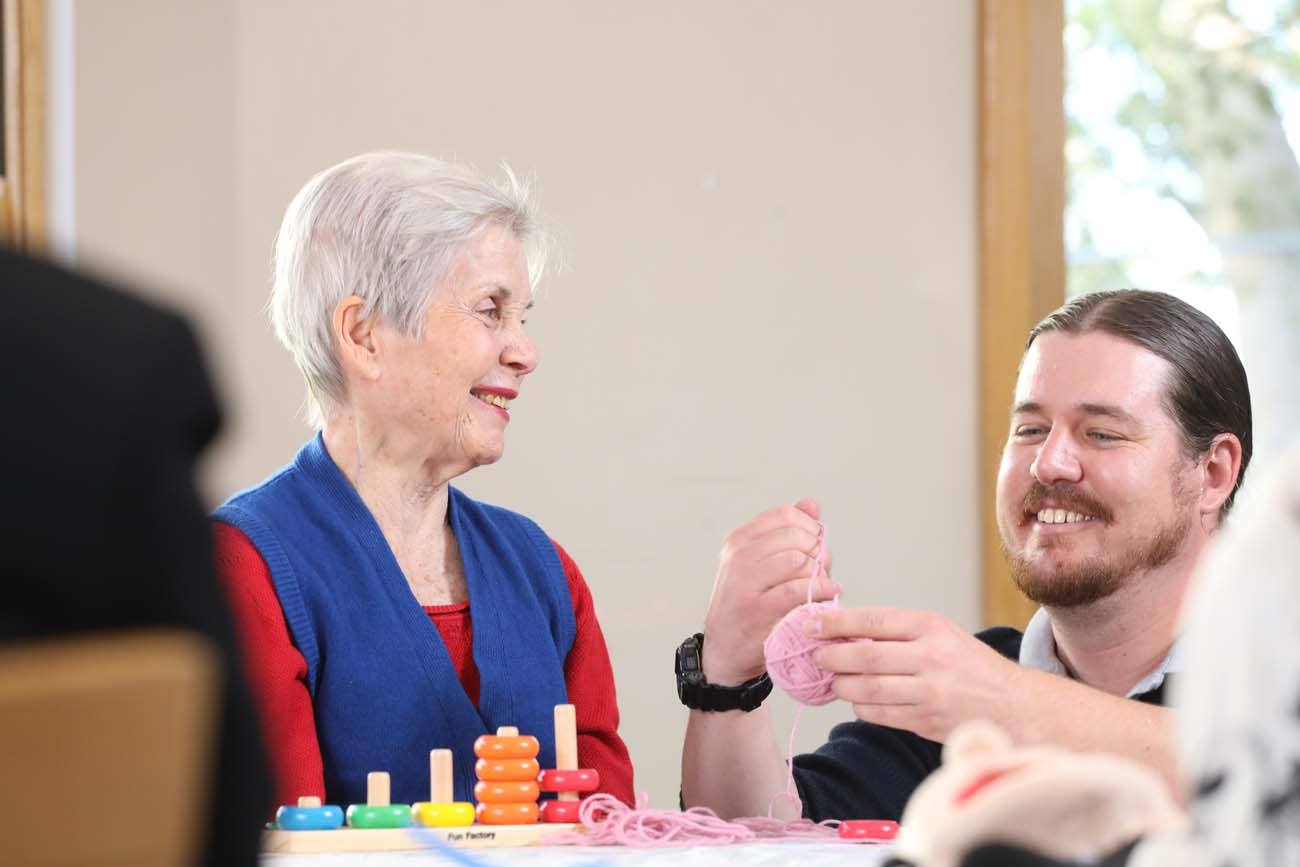
15 BENEFITS OF VOLUNTEERING With busy lives, it can be hard to find time to…